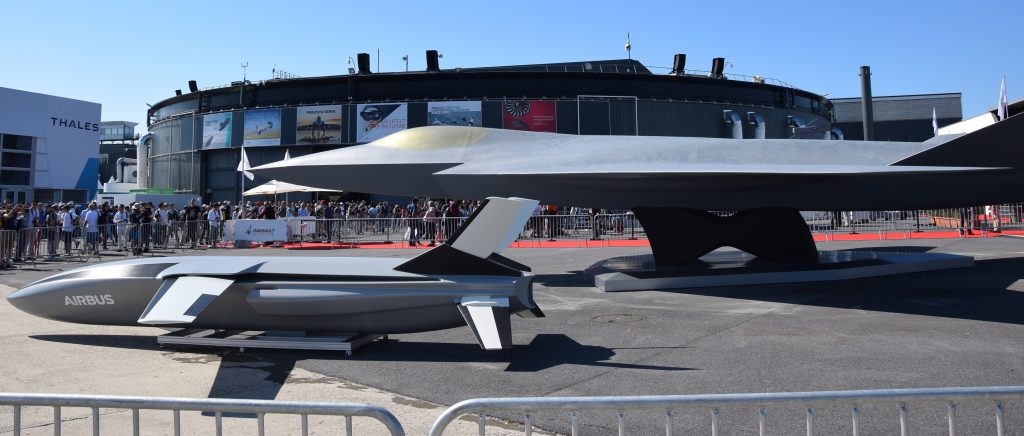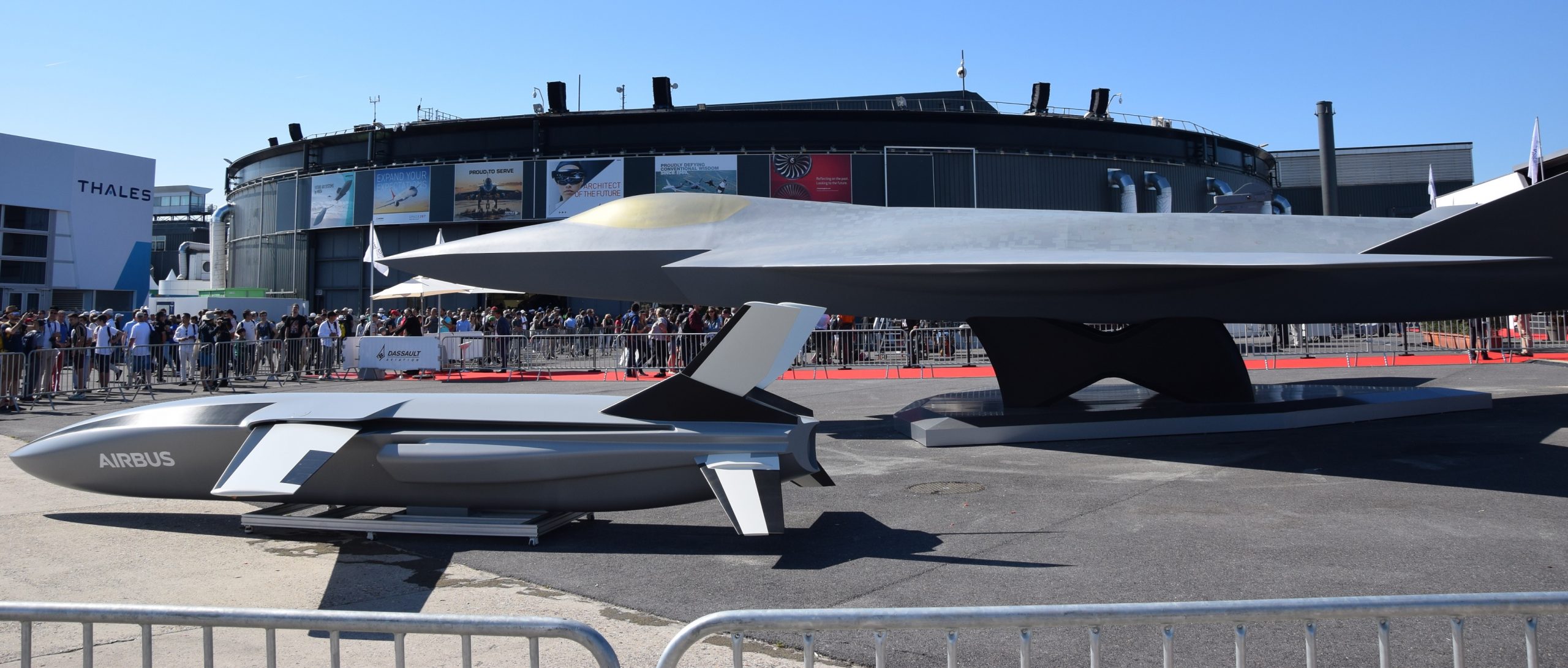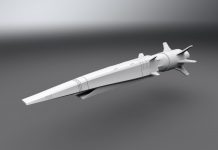
Although German defense leaders have admitted of a lack of firm financing for the Future Combat Air System, they still however plan on submitting the project to lawmakers for approval in the coming months.
Once lawmakers decide to proceed with the project, it will cross the point of no return given that billions of euros will be pumped into the flyable prototypes.
At issue is the creation of a next-generation fighter aircraft dubbed as 1B and 2, by the trio – France, Germany and Spain.
In a letter dated May 7 to lawmakers, leaders from the German Defense Ministry sketched out a sporty timeline for presenting a signature-ready deal to parliament – a mandatory step before billions start flowing in the project. The timing to send the proposal to the relevant Bundestag committees for review is critical since it has to be done in the last week before the summer recess, before the parliament goes out of session, since in the next six months, the parliament’s time will be consumed by the national election and the ensuing formation of a new government.
The framework of the FCAS construct is relatively simple as a concept but quite complicated in real terms: the three partners, Paris, Berlin and Madrid aiming to build a 6th generation fighter aircraft on equal terms will each bring a national industry champion, who will cooperate on equal terms, with each champion having industry teams for various components including engine, sensors, drones, and stealth technology.
Where it becomes really complex is the sharing and handling of intellectual property. Disagreements in this area has led to a slow progress in recent months, albeit there have been reports that a deal is within striking distance.
Recently, engine-makers Safran Aircraft Engines, ITP Aero and MTU Aero Engines announced the mitigation of their disagreements.
Germany’s defense budget projections have also added fuel to the fire: defense officials have all but thrown up their hands when it comes to getting key programs included in the budget in the near term. Government analysts expect the modernization requirements to outpace available spending after 2022.
While large projects like the FCAS expectedly comes with a certain amount of built-in uncertainty, German lawmakers tend to force the government to show its hand at key junctures before cutting any costs.
The May 7 reporting to the parliament on the FCAS program along with other funding plans includes just a generic reference, “federal budget” in places whereas programs are supposed to be delineated to specific line items in the defense budget nomenclature.
“Normally, such a proposal would never make it here,” said a Bundestag aide while adding that the tactic of submitting unfunded programs could serve to pressure the Finance Ministry.
Earlier this year, German finance officials flagged several outstanding hurdles in a report on the FCAS program to lawmakers . A French request to except certain French intellectual property concessions, classified as “specific foreground information,” from the overall sharing architecture had raised eyebrows in Madrid and Berlin. This dispute is unlikely to be resolved by the end of May, reads the March report, since France did not spell out its specific reasoning at the time.
Further, offers from the industry were 25% above the budget ceiling of U.S. $3 billion (€2.5 billion) that was agreed by the trio partnering nations for stages 1B and 2, said the Finance Ministry in a report.
Berlin, France and Spain have yet to discuss on cranking up the budget for the project given the “high industry demands”.





